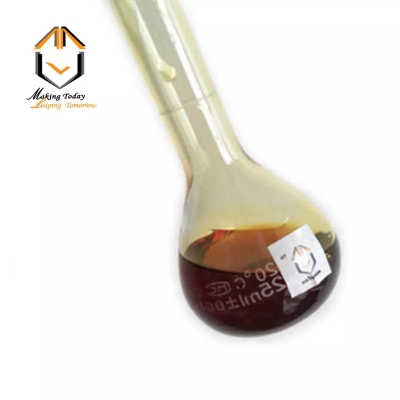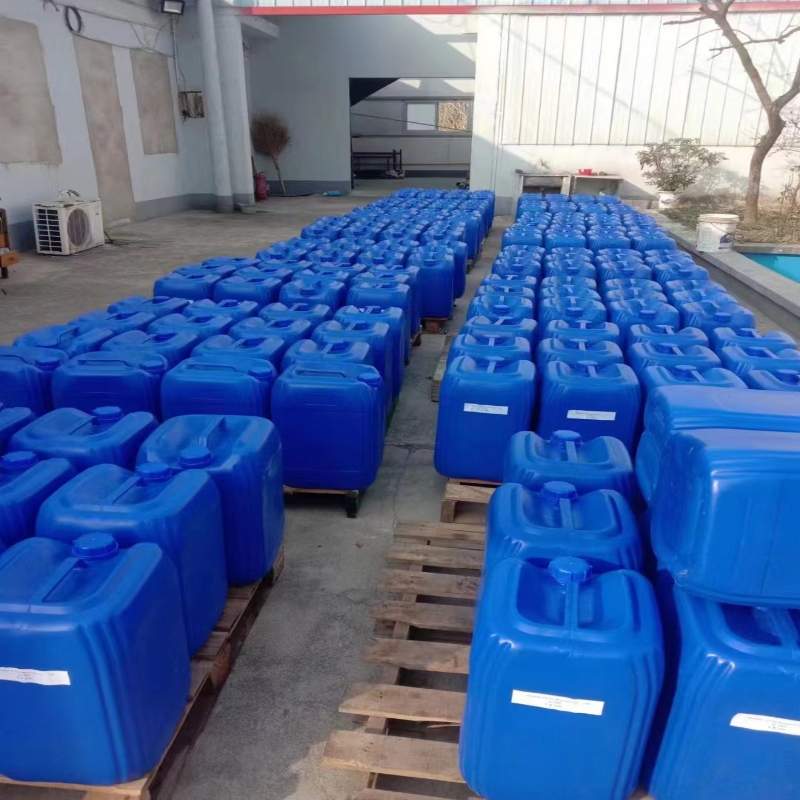-
Categories
-
Pharmaceutical Intermediates
-
Active Pharmaceutical Ingredients
-
Food Additives
- Industrial Coatings
- Agrochemicals
- Dyes and Pigments
- Surfactant
- Flavors and Fragrances
- Chemical Reagents
- Catalyst and Auxiliary
- Natural Products
- Inorganic Chemistry
-
Organic Chemistry
-
Biochemical Engineering
- Analytical Chemistry
-
Cosmetic Ingredient
- Water Treatment Chemical
-
Pharmaceutical Intermediates
Promotion
ECHEMI Mall
Wholesale
Weekly Price
Exhibition
News
-
Trade Service
China Petroleum & Chemical News Network reported on May 1st, according to Hydrocarbon Processing News, a senior Indonesian energy official said on Thursday that by 2030, Indonesia will stop importing liquefied petroleum gas (LPG) and fuels, and plans for its energy infrastructure.
Djoko Siswanto, secretary-general of the Indonesian National Energy Commission, said that Indonesian President Joko Widodo has instructed the National Energy Commission to formulate a strategy to allow the suspension of imports of liquefied petroleum gas and fuel.
Djoko said in a live TV broadcast on CNBC Indonesia that the strategy includes building or upgrading oil refineries, converting oil refineries into biodiesel refineries, increasing domestic production of liquefied petroleum gas, and building a natural gas pipeline with the goal of connecting 10 million natural gas.
Indonesia was once a member of OPEC, but due to mature oil fields and lagging investment, Indonesia has become a net importer of oil and natural gas.
Djoko said: "The government will encourage the development of natural gas for public transportation infrastructure.
Djoko added that Indonesia plans to increase domestic crude oil production to 1 million barrels per day by 2030 by developing new oil fields, adopting enhanced oil recovery methods in existing oil fields, and increasing the production of marginal oil fields.
Djoko said that as the world's largest exporter of thermal coal, Indonesia has long promised to reduce imports of liquefied petroleum gas, while maximizing the use of domestic coal assets and creating jobs in downstream coal industries.
Zhu Jiani excerpted from Hydrocarbon Processing News
The original text is as follows:
Indonesia to Stop LPG and Fuel Imports by 2030
Indonesia will stop both liquefied petroleum gas (LPG) and fuel imports by 2030 and plans big changes to its energy infrastructure to meet that target, a top energy official said on Thursday.
President Joko Widodo has tasked the National Energy Council, a board made up of seven ministries and other stakeholders that plans energy policy, to devise a strategy to allow for a halt on LPG and fuel imports, said the council's secretary general, Djoko Siswanto.
The strategy includes building or upgrading refineries, converting refineries to biodiesel refineries, increasing domestic LPG production and building a gas pipeline with a target of 10 million gas connections, Djoko told CNBC Indonesia in a live telecast.
Once a former OPEC member, maturing fields and investment lags has turned Indonesia to a net importer of oil and gas.
"The government will encourage gas infrastructure development for public transportation," Djoko said, adding that the government was also optimizing biofuel production and promoting electric vehicles.
Indonesia is aiming to increase domestic crude oil production to 1 million barrels per day by 2030 by developing new oil fields, using enhanced oil recovery methods in existing oil fields and boosting production in marginal fields, Djoko added.
Indonesia, the world's top exporter of thermal coal, has long vowed to cut LPG imports while maximizing use of domestic coal assets, and creating jobs in a downstream coal industry, Djoko said.







